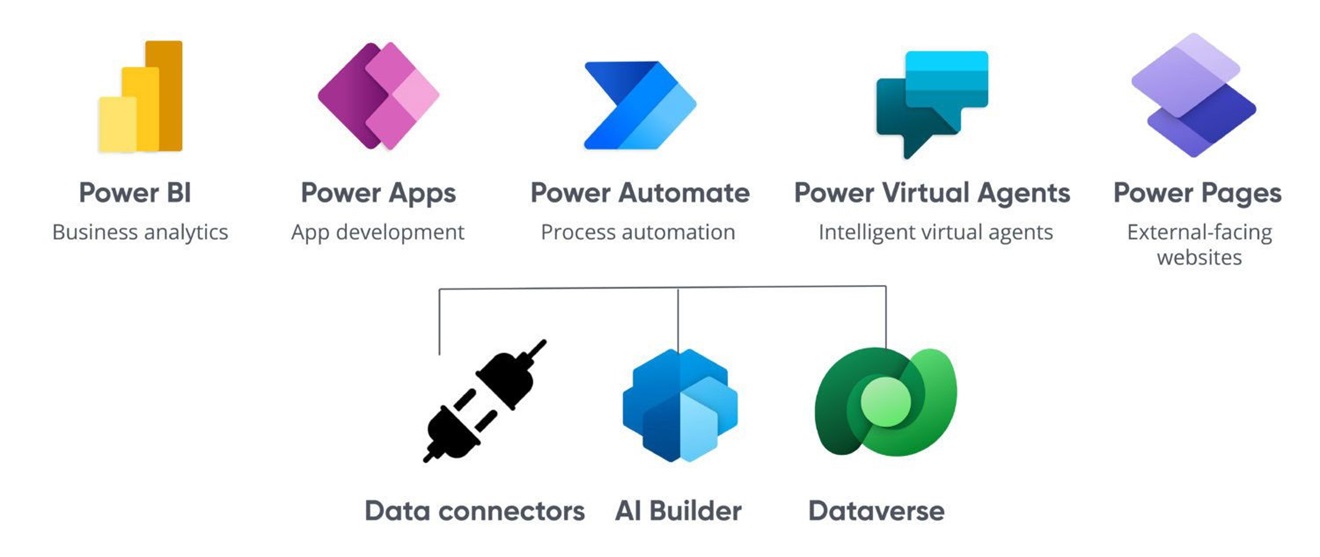
Responsive Design
- Mobile Optimization: Power Pages sites are mobile-responsive, ensuring that they work seamlessly across all devices and screen sizes.
- Accessibility: The platform emphasizes creating websites that are inclusive and accessible to all users, complying with accessibility standards like WCAG.
Low-Code Development Environment
- Design Studio: A user-friendly interface for building and designing websites with minimal coding.
- Pro Developer Tools: Support for advanced customization with tools like Visual Studio Code, GitHub, and Azure DevOps.
Security and Compliance
- Role-Based Access Control (RBAC): Allows administrators to set up detailed access permissions for different users and roles, ensuring that sensitive data is only accessible to authorized individuals.
- Compliance: Built-in compliance with industry standards and Microsoft’s security protocols to protect user data and privacy.
Extensibility and Customization
- Custom Components: Developers can build custom components to extend the functionality of their Power Pages websites.
- API Management: Power Pages can be integrated with Microsoft's API management for extending website capabilities and connecting with custom APIs securely.
Integration with Power Platform
- Power Automate: Integration with Power Automate allows for the automation of workflows and business processes directly within the website interface.
- Power BI: Embed Power BI reports and dashboards within the website to provide users with rich data visualizations and insights.
- Power Apps: Use Power Apps to embed custom applications that can run within the website context.
Data Integration
- Dataverse: Microsoft Power Pages utilizes Microsoft Dataverse, which is a secure and scalable data platform that enables users to bring in data from their Dynamics 365 applications or integrate with other data sources seamlessly.
- Connectors: Power Pages supports various connectors to different data sources and systems, allowing for easy data access and manipulation without extensive backend development.
SEO and Analytics
- SEO Tools: Features to help optimize website content for search engines, such as sitemap customization and SEO-friendly URLs.
- Analytics: Integration with analytics tools to track website usage, user behavior, and other important metrics for continuous improvement.
Hosting and Management
- Cloud Hosting: Websites built on Power Pages are hosted on Microsoft's cloud infrastructure, ensuring high availability and reliability.
- Lifecycle Management: Tools for managing the lifecycle of the website, including version control, updates, and deployment across different environments.


